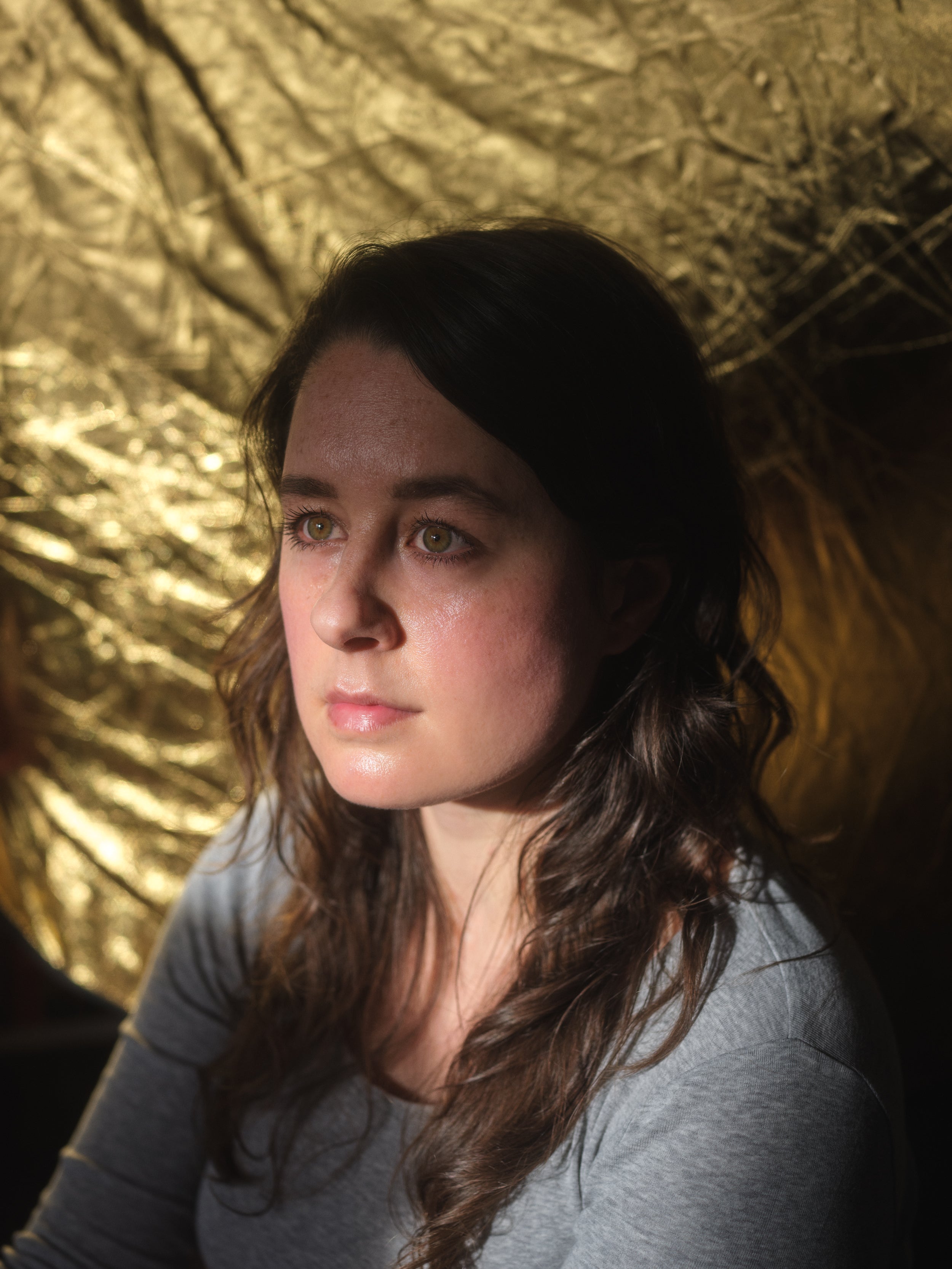Last year, at the showcase for a new season of books from independent publisher Daunt, there was a particular sense of electricity about one author. American writer Rita Bullwinkel didn’t even have to be in the room – her reading was recorded from her home in San Francisco – to create a buzz. When I read her debut novel Headshot earlier this year, the shimmering story of a boxing competition for teen girls, I understood the excitement. It’s one of the best new novels I’ve read this year – and now it’s on the Booker Prize longlist.
The recognition for Bullwinkel’s book was a pleasant surprise, even if it will probably be a plucky outsider, much like some of the ferocious, brilliant young women who populate the novel. Critical acclaim and word-of-mouth passion for Headshot have already been forthcoming but the Booker – one of the most significant literary prizes in the world – always provides its chosen authors with a healthy boost in attention and sales, and I’m thrilled it will now reach a wider audience.
But what makes it so great? Told in a series of boxing bouts at the fictional Daughters of America Cup, taking place at the brilliantly named Bob’s Boxing Palace, Headshot floats like a butterfly but stings like a bee. The prose is hypnotic, the story of each fight grips and appals; it also has so much to say about the sometimes painfully thankless – but never worthless – task of really, really trying at something. Wonderfully captured, too, is the inherent riskiness that accompanies trying to grow up, and the number of different versions of ourselves that we might cycle through in a lifetime.
There’s a darkness to its unflinching understanding of the female body that reminded me of Boy Parts author Eliza Clark, and a dazzling command of form that conjures some of the best of Jennifer Egan. One of Bullwinkel’s best moves is to jump between each boxer’s present and future. We see them locked in the moment of the fight, held there by the intensity and intimacy of going toe to toe with their opponent, but we also discover what happened years later. Poignantly, after they’ve given their teenage years to one of the most physically demanding sporting disciplines in the world, their lives turn out mostly ordinary: they become accountants, wedding planners, pharmacists. More powerfully, the sport still resides in their bodies, even when it has departed their memories. Artemis Victor has broken so many bones that when she’s 60, “she won’t be able to hold a cup of tea”.
The brutality of the sport – each fight begins with gloves being checked for lead hidden within – belies the tenderness with which Bullwinkel paints a portrait of each of the women. There’s Andi Taylor, who is haunted by a traumatic accident at her summer job, so cash-strapped that she’s sleeping in her car. Cousins Izzy and Iggy Lang face the bad luck of having to fight one another, while Rachel Doricko’s fighting style revolves around her “weird-hat philosophy”. She goes everywhere in a strange hat because she believes “people are most scared by what makes zero sense to them but that they cannot, no matter how they try, avoid”. Therefore, she “[tries] to live her life in as frightening a way as possible”. (Thanks to my boxing-obsessed partner, I couldn’t help but think of Rachel Doricko when Tyson Fury refused to engage in the traditional staredown at his weigh-in with Oleksandr Usyk last year. Instead, Fury showboated to the crowd; Usyk, refusing to be rattled, went on to win.)
But the joy of Headshot is reflected in the rest of this year’s longlist. The Guardian says “it might be the most enjoyable in recent years”; The Telegraph suggests “publishing has finally woken up”. The 13-strong list is full of books I can’t wait to properly dig into: Charlotte Wood’s Stone Yard Devotional, about a woman retreating from her life to join a nunnery; first-time longlistee Colin Barrett’s blackly comic crime-splattered debut Wild Houses; Rachel Kushner’s Creation Lake, in which an FBI agent infiltrates a cult and its guru; Samantha Harvey, one of only two Brit authors on the list, and her book Orbital, a journey into space told through six lives.

By all accounts, the judges sound like they’ve had a ball, too. This isn’t always the case (in 1990, Nicholas Mosley went so far as to resign from the panel in protest at the shortlist). Booker boss Gaby Wood said the process had been “unusually productive”, while head judge Edmund de Waal talked about choosing books that have “made a space in our hearts and that we want to see find a place in the reading lives of many others”. In recent years, the Booker lists have sometimes felt like the worst case of “cultural homework” – but these books, De Waal added, are “not books ‘about issues’”. At a time when we’re apparently reading less, when the publishing industry can seem riven by divisions, a Booker longlist that really champions the pleasures of reading has arrived just in time.
Undoubtedly, Percival Everett’s James – a retelling of Mark Twain’s Huckleberry Finn through the eyes of slave Jim – will be the one to beat. Everett’s 24th novel has been feverishly recommended by everyone I know who has read it and is an author writing at the peak of his powers. Whatever the result in November, the longlist tees up a summer of happy reading. I’d urge you to add Headshot to your pile – and I’d love to see it go the whole 10 rounds.

